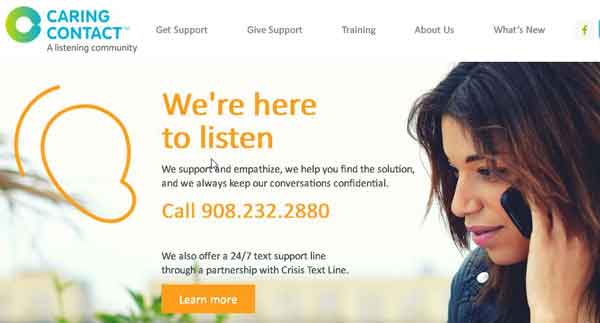Frightening News about Page Speed and Bounce Rate
Page speed and bounce rate – a couple of definitions
- Page speed: the time it takes to fully display the content on a specific web page.
- Bounce rate: the percent of visits to a site that look at only one page.
How page speed and bounce rate are related
Impatience drives visitors to leave a web page that doesn’t display on their computer or phone as quickly as they want it to. That’s a bounce. The rule of thumb currently is that you begin to lose significant numbers of visitors when your page speed exceeds two seconds. Pingdom says:
… the average bounce rate for pages loading within 2 seconds is 9%. As soon as the page load time surpasses 3 seconds, the bounce rate soars, to 38% by the time it hits 5 seconds!
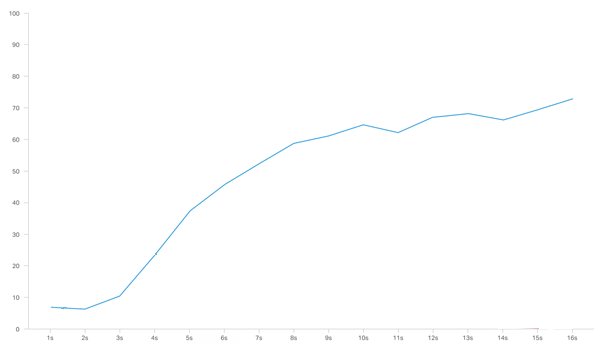
If your goal is for visitors to take an action on your site, such as filling out an information form, contacting you, or buying something — then bounces represent lost customers.
But it’s actually worse than that.
Ranking factors on Google
It’s been well known and reported here that page speed is a ranking factor at Google. We began warning about it way back in 2009. All else being equal, a fast downloading page will outrank a slow page.
We’ve also pointed out that a high bounce rate is a negative ranking factor on Google as well.
Update June 2018: If your market is international, it may help to know what your page speed is overseas. I recommend a test at DotCom Tools that will test your page speed at over 20 international cities.
Update December, 2019: Matthew Woodward in the UK has written a helpful guide you may find useful. 6x Free Ways To Increase Website Speed (and search traffic!)
Why it gets really bad
The frightening thing about all this is that these two negative ranking factors compound one another. It’s bad enough if you suffer a ranking penalty because your page is slow. But that slowness raises your bounce rate, resulting in a double-whammy to your ranking in Google search results.
Our recommendation is to work to make sure your pages all download within three seconds at the most. Two seconds is ideal, but three seconds is usually tolerable.
We always welcome your perspective. Let us know what you think in the comments section below.
We offer a free SEO review of your website, including page speed and many other factors. Call us and let’s set it up.

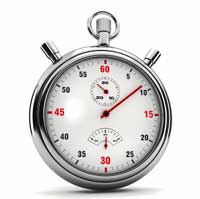

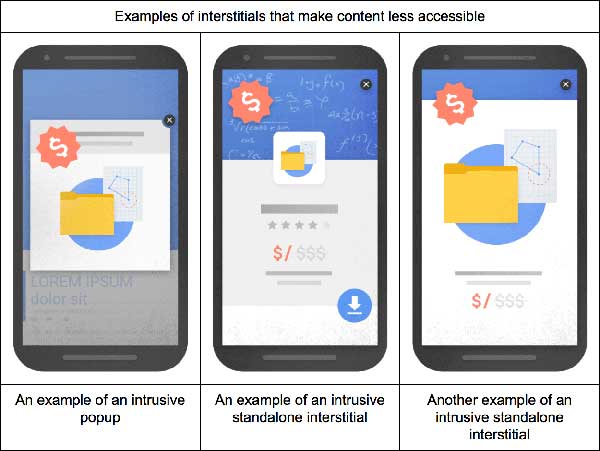

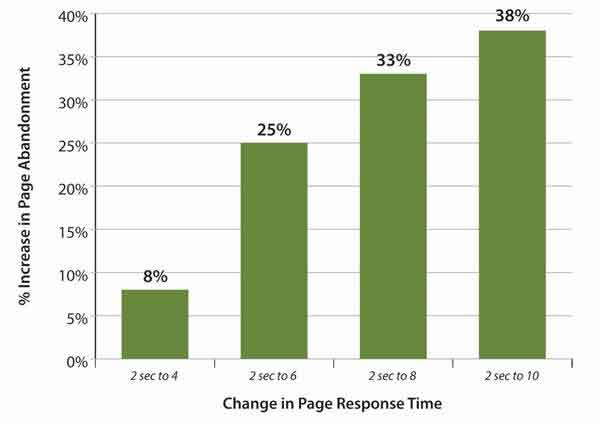
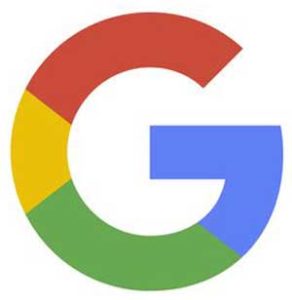 We’ve got good news and bad news when it comes to removing bad online reviews. Let’s start with the bad news. The bad news is that you can’t actually “get rid” of a bad online review.
We’ve got good news and bad news when it comes to removing bad online reviews. Let’s start with the bad news. The bad news is that you can’t actually “get rid” of a bad online review. 
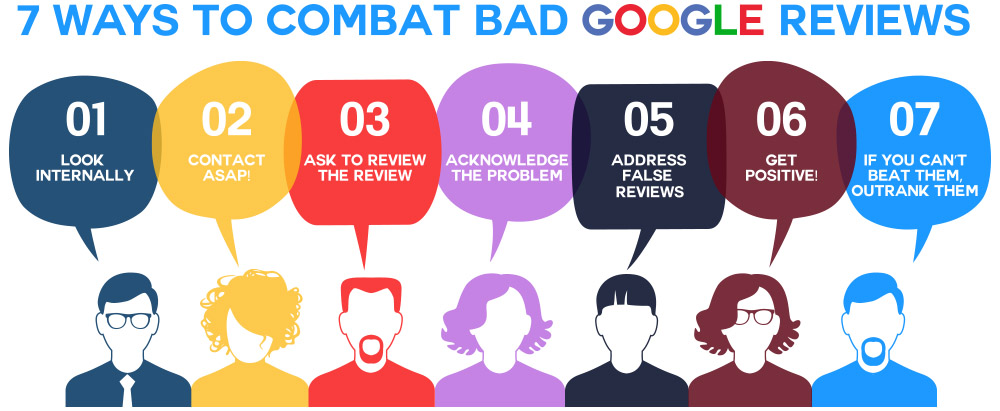

 As we’ve said, you can expect a few bad online reviews. And, honestly, they aren’t necessarily a bad thing. In fact, some people will find it a little fake if you only have glowing reviews. Most of the time, your potential customers are going to have the common sense to read a negative review and understand that some people are just grumpy or looking for attention.
As we’ve said, you can expect a few bad online reviews. And, honestly, they aren’t necessarily a bad thing. In fact, some people will find it a little fake if you only have glowing reviews. Most of the time, your potential customers are going to have the common sense to read a negative review and understand that some people are just grumpy or looking for attention.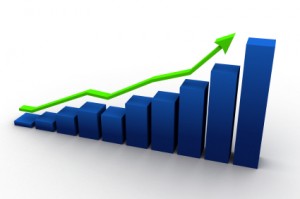 Online reputation management is defined as “a strategy and process of monitoring, identifying, and influencing your digital reputation and credibility online.” By now I’m confident you understand that you need to know what people are saying about you online. Your reputation is everything, in today’s competitive market. With more and more people trusting reviews, you really need to be paying attention to what people are saying about you online.
Online reputation management is defined as “a strategy and process of monitoring, identifying, and influencing your digital reputation and credibility online.” By now I’m confident you understand that you need to know what people are saying about you online. Your reputation is everything, in today’s competitive market. With more and more people trusting reviews, you really need to be paying attention to what people are saying about you online.
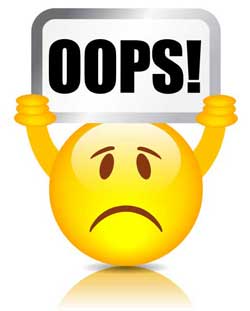 Customers are impatient
Customers are impatient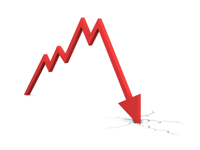 Sad, but true: having sliders on your pages runs the risk of sabotaging your search engine visibility. One of the more recent and increasingly important ranking factors at Google is
Sad, but true: having sliders on your pages runs the risk of sabotaging your search engine visibility. One of the more recent and increasingly important ranking factors at Google is 

